Blog
-
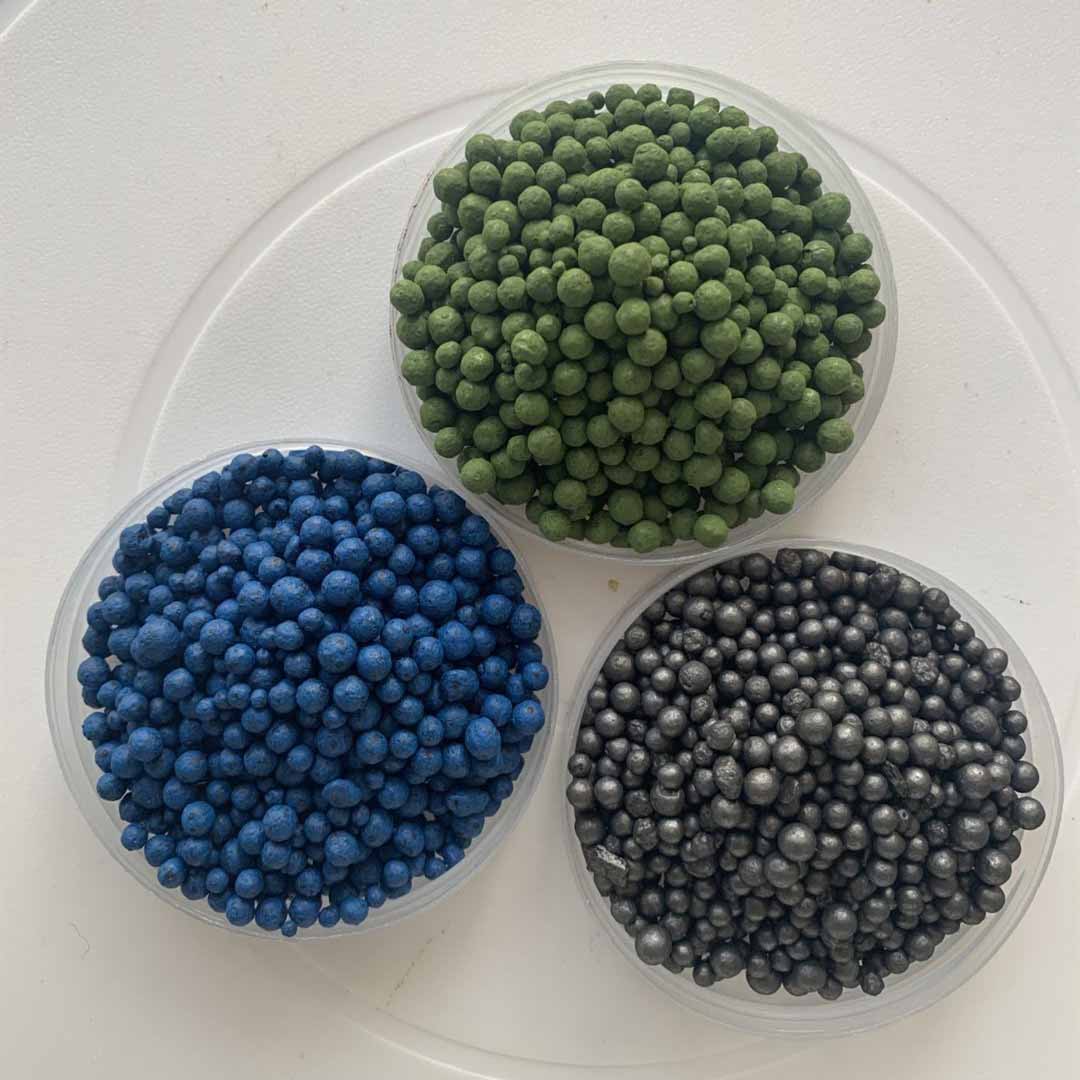
The Pros and Cons of Organic Fertilizers
There are many advantages to using organic fertilizers. That’s why we, at Emerald Lawns, use them as often as we can. We prefer them. However, there are some disadvantages too. In this article, we’ll go over the advantages and disadvantages of using organic fertilizers so you are aware of the reasons why we may occasionally opt to use a synthetic fertilizer.Read more -
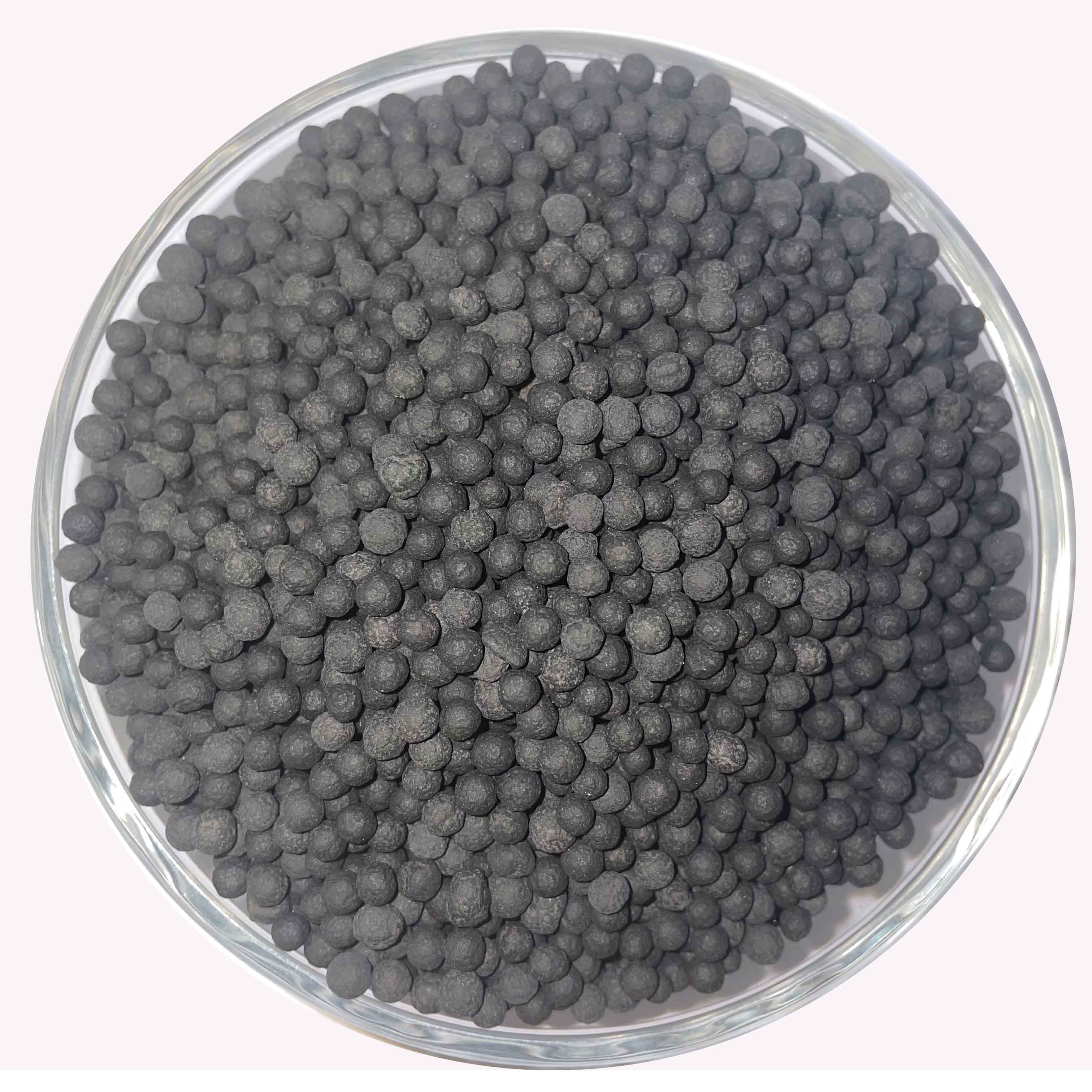
What Are The Advantages Of Organic Fertilizers?
Soil and crop health are two primary factors that farmers should think about when deciding which type of fertilizer to use. As the sustainable agriculture movement gains momentum, the advantages of organic fertilizers — which improve soil health, crop yields, and agricultural resilience — should become more widely recognized.Read more -
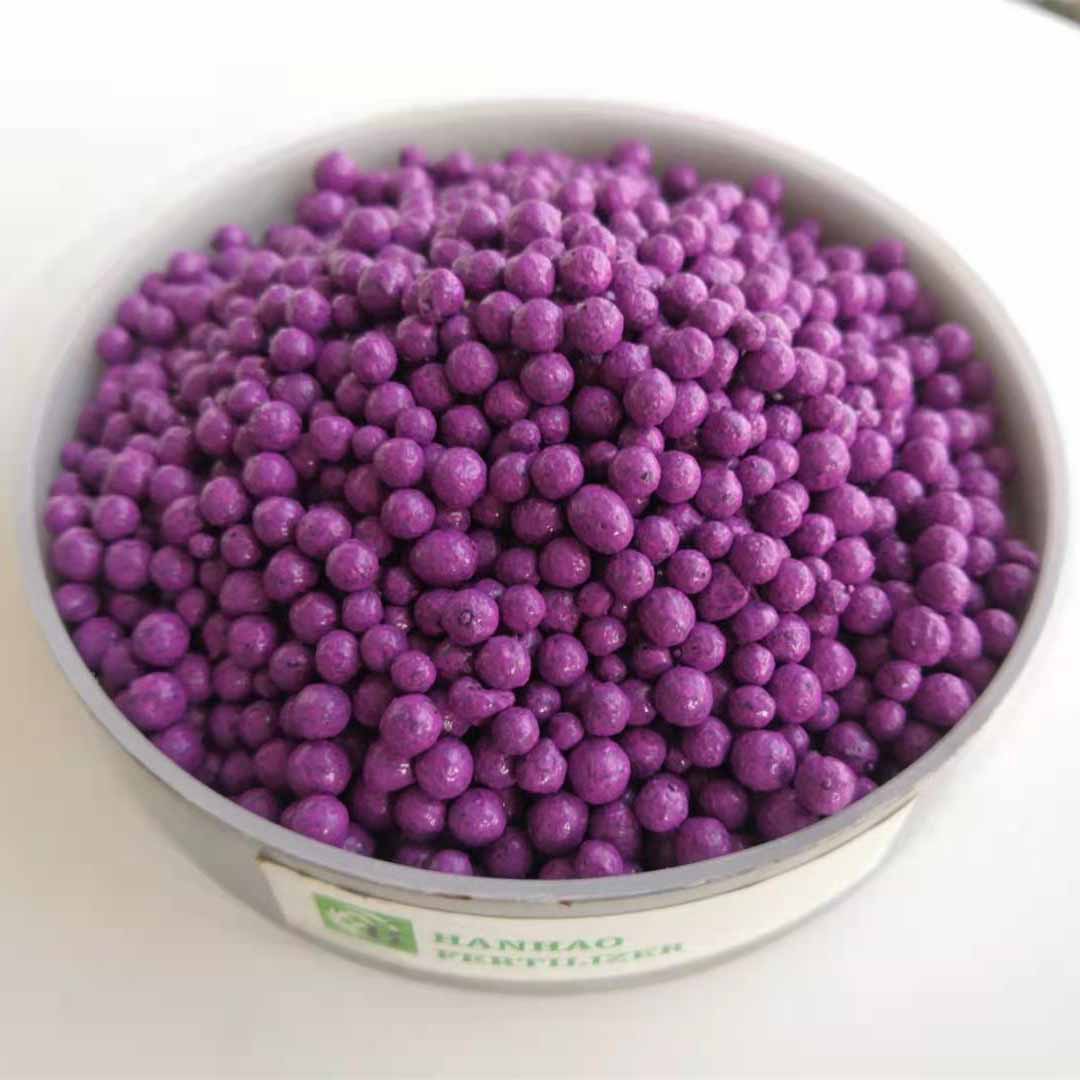
Chemical Fertilizers and Their Impact on Soil Health
Soils provide important ecological services for the maintenance and survival of life. Soil health management is critical to maintaining biodiversity and ensuring sustainable agricultural production. Soil health is regulated by soil properties, namely physicochemical and biological properties. Modern agriculture relies heavily on chemical fertilizers. These are inevitable threats to agriculture. Nonetheless, they remain an important tool for global food security. As sustainable agriculture becomes a global goal, the ill effects of chemical fertilizers cannot be ignored. Fertilizers play a vital role in increasing crop yields and soil fertility. There are many kinds of chemical fertilizers, such as nitrogen fertilizer, phosphorus fertilizer and potassium fertilizer. The use of fertilizers not only increases crop yields, but also alters the physicochemical and biological properties of the soil.Read more -

What is the Difference Between Compound Fertilizer and Mixed Fertilizer?
Compound fertilizers and mixed fertilizers are produced in different ways. Compound fertilizer is produced by chemical reaction granulation of raw materials. The main processes include drum granulation, disc granulation, spray granulation, tower granulation, etc. These processes are mostly found in larger-scale and well-equipped factories. . Due to the limitations of the production process, the proportions of nitrogen, phosphorus, and potassium are relatively fixed, resulting in fewer specifications to choose from.Read more -
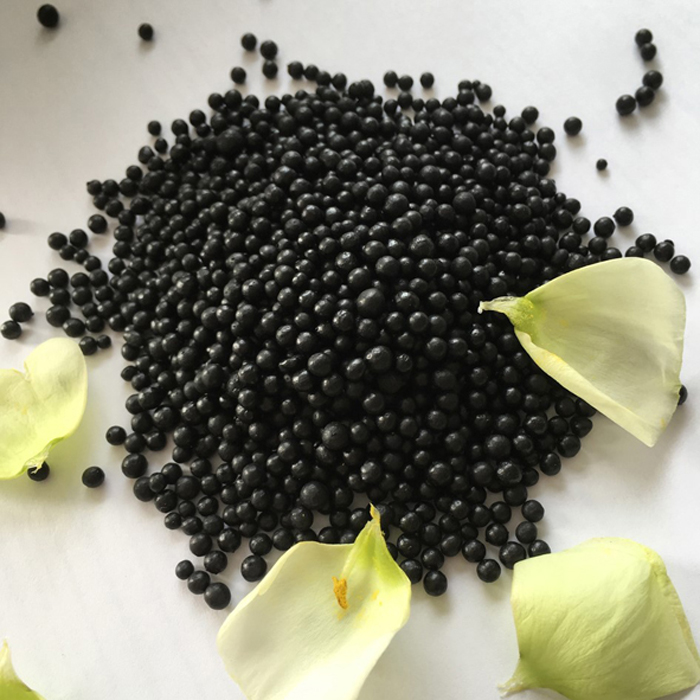
Importance And Benefits Of Using Organic Fertilizer
In the ever-evolving landscape of sustainable agriculture, the choice of fertilizers plays a pivoRead more -
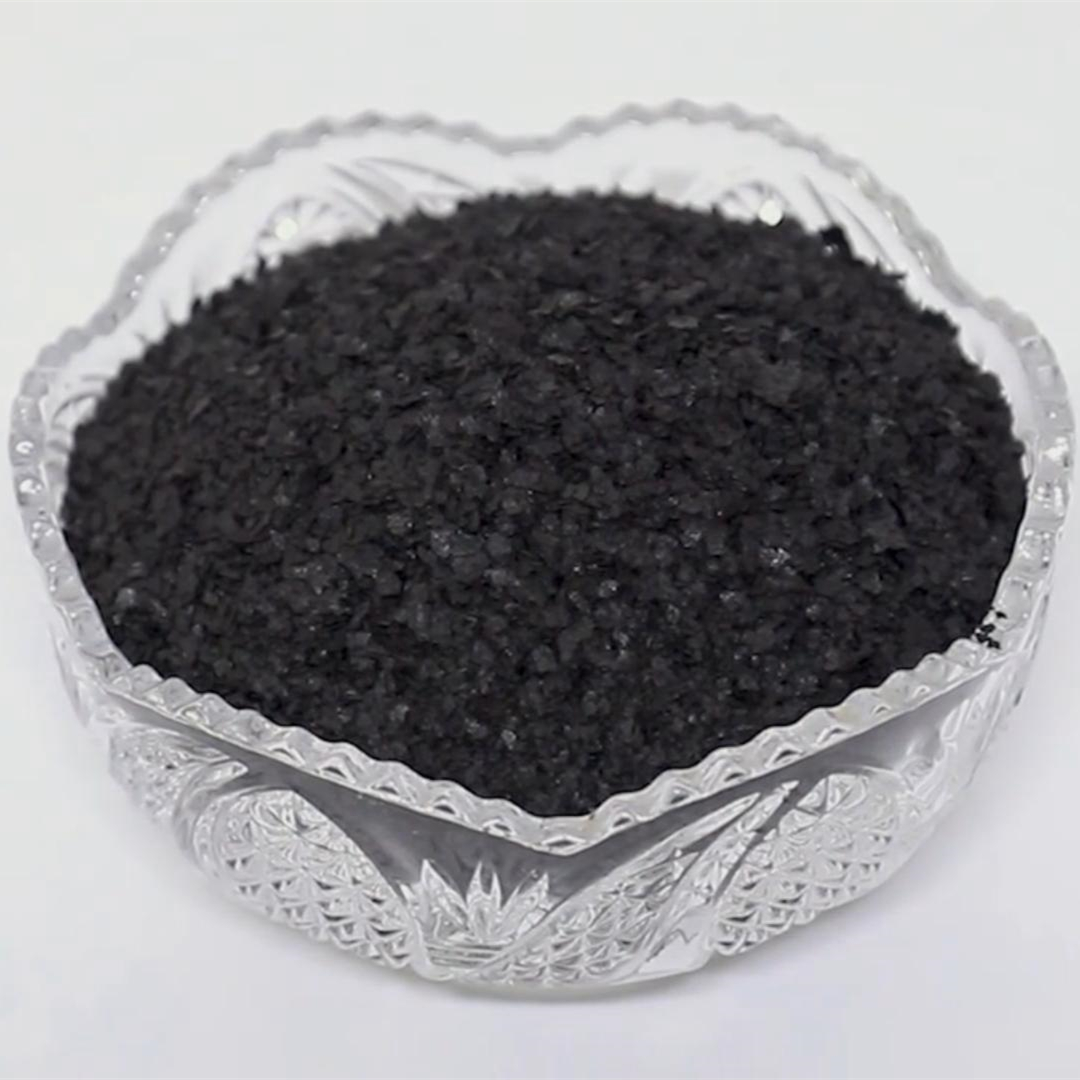
Organic Fertilizer VS Inorganic Fertilizer
In the world of agriculture, the choice between organic fertilizer use and inorganic fertilizers is a critical decision that impacts plant growth, soil health, and environmental sustainability. The subtle difference between inorganic and organic fertilizers are briefly discussed in this article, along with a comparison of their composition, effects on soil, environmental effects.Read more -
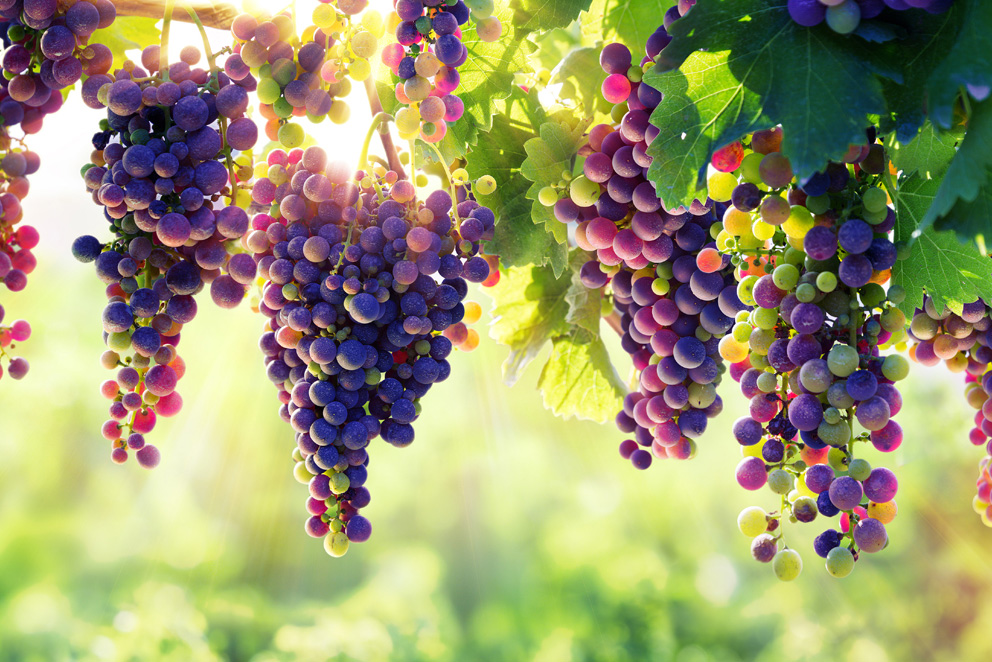
The role of various elements in water -soluble fertilizers in grapes
Grape fertilizer is the same as other fruit trees, that is, N, P, K, CA and other elements are required, and trace elements such as ZN, B, Mn are also required. If you want to use good fertilizer, you must know the role of various fertilizers.Read more -
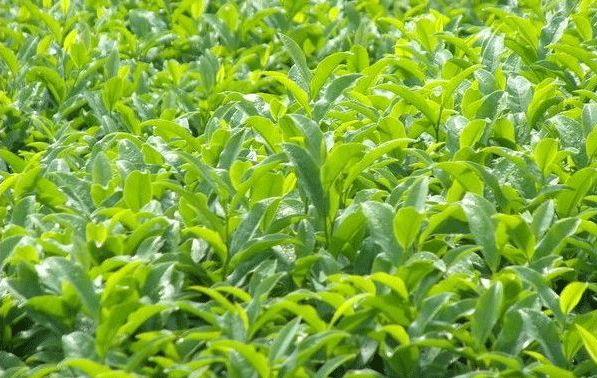
Which NPK compound fertilizer formula is the right choice
Cash crops refer to crops with strict selection of natural conditions, complex technical requirements, and high economic value of products. They are mainly used as industrial raw materials, so they are also called "technical crops" or industrial raw crops. There are many types of cash crops, including cotton, oilseeds, hemp, mulberry silk, tea, sugar, vegetables, tobacco, fruits, and medicinal materials.Read more -

Meeting the World’s Increasing Food Demands with Advanced Crop Nutrition
The keys to advancing sustainable production systems, according to The HANHAO Company Crop Nutrition Lead Allen-Liu, are healthy soils and proper plant nutrition.Read more

